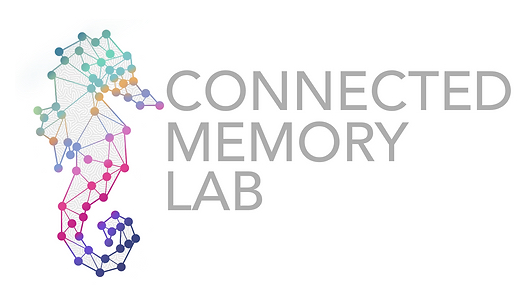Current Projects

Head Group is investigating the association between early educational experiences and adverse life outcomes using advanced statistical genetic methods that aid in identifying specific risk factors that predict outcomes during childhood and later in life while controlling for genetic confounding using data from the UK and Norway.

We are current recruiting secondary schools to get involved in two research projects:
Gemma Rides is currently exploring how adolescents engage with social media, and how this might relate to their thoughts and feelings. Approximately 83% of 12- to 15-year-olds own their own smartphone and 70% own a social media account (Ofcom, 2019). As these platforms are becoming ubiquitous with adolescents (Kelly et al., 2018), it is crucial that that research seeks to further understand the behavioural and cognitive processes associated with social media usage. The study would take place at the school, with the study taking approximately 30 minutes per pupil. Participating pupils would need to be between 13-18 years old at the time of the study.
Zain Khan is recruiting participants for a study on loneliness. Loneliness was a big challenge for adolescents before Covid-19 and we currently see an even greater prevalence. I am particularly investigating how adolescents’ emotional skills and feelings of social connectedness (i.e., loneliness, but we are avoiding this term for participants) potentially affect mood and mental health. Adolescence is a critical development period, as individuals undergo significant physical, cognitive, and emotional changes, which can impact their overall well-being. It is therefore important to study and understand the emotional and social development during adolescence. The study comprises an online survey with a short task (all one link) on the computer and is due to take part over three time points (approx. 30 minutes each time) with approximately 2 months between time points, so that we can understand differences in why some children develop feelings of loneliness while others do not.
Dawn Watling is currently working on a new project with Kew Royal Botanic Gardens at Wakehurst, funded by Sky, to understand how spending time in nature and paying attention to our natural environment may have benefits for wellbeing, mood, and connection to nature. Research supports that spending time in nature has benefits, but little is known about what may account for the benefits, and why some people may experience benefits while others do not. We are recruiting visitors to Wakehurst who will take part in 3 visits (once a month) to take a 45 minute, self-guided, walk through nature.

The Eyewitness Laboratory Group are interested in applied aspects of memory including best practice in interviews of young and older victims and witnesses, face recognition, memory for traumatic events in refugees, deception detection and using virtual reality to understand burglar behaviour . Some of us have a background in experimental cognitive and social psychology and others work in applied contexts as in clinical work and advocacy.
Recent projects include our study of single vs repeated trumas in adults with post-traumatic stress disorder, impact of Covid-19 on prison staff and police officers working in child abuse investigations, judgements of credibility in asylum interviews, the effect of emotional load on interpreter accuracy and the potential application of AI in asylum contexts.
Student projects are currently on inattentional or crime blindness and consequences for eyewitness memory and racial stereotyping on perceptions of credibility.

Current projects: • hippocampal subfield contributions to scene-based cognition • brain network alterations in ageing and AD risk • experiential diversity, loneliness and real-world event cognition • eye movements and episodic memory • developing methods for measuring medial temporal lobe subregions across life

